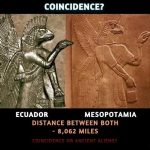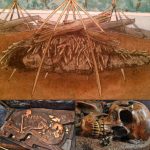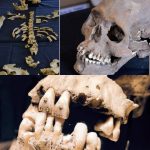Roman Fortune Unearthed: Metal Detectorist Discovers One of Britain’s Largest Coin Hoards
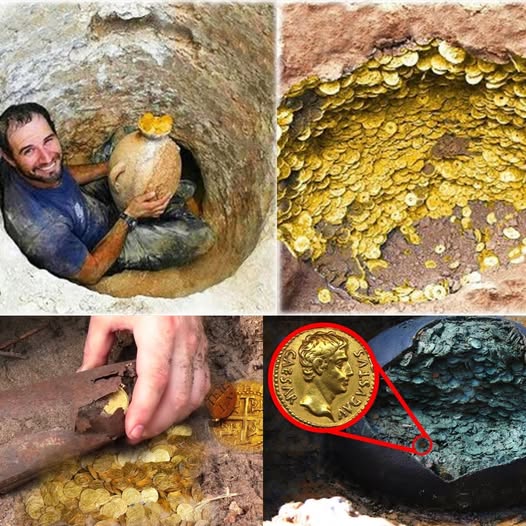
A Once-in-a-Lifetime Find
While exploring the fields near Seaton, East Devon, 51-year-old Laurence Egerton, an amateur metal detectorist, made a discovery most only dream of: one of the largest hoards of Roman coins ever found in Britain. Acting on a hunch, Egerton unearthed a section of soil glinting with ancient silver and bronze, eventually leading to the revelation of a vast buried treasure trove. Aware of its significance—and the risk of looting—Egerton camped on-site for three nights to guard the coins until archaeologists could secure and excavate the area.
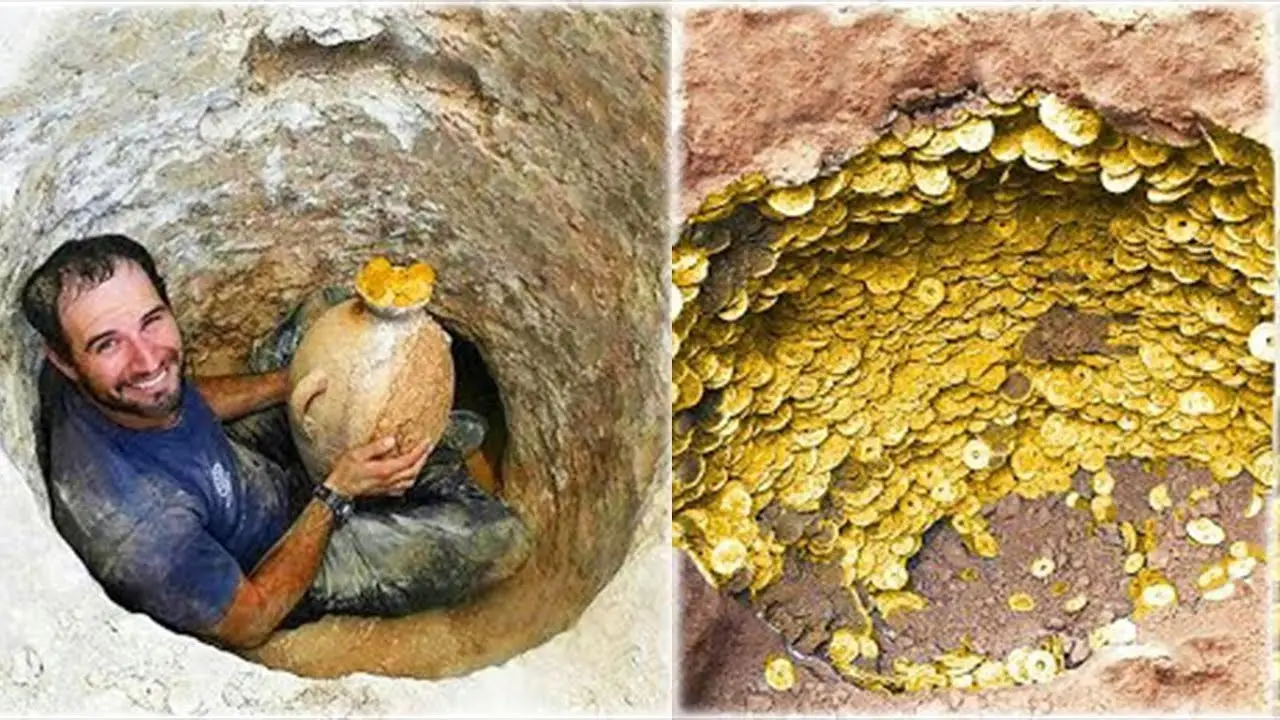
Glimpses into Roman Britain
The hoard consists of over 22,000 coins, believed to date back to the late Roman Empire (3rd to 4th century AD), offering rare insights into the economy, governance, and social structure of Roman Britain. Experts from the British Museum and local archaeological units have noted the exceptional preservation and unusual concentration of the coins, sparking questions about whether the cache was hidden during a time of political unrest or meant as a long-term savings reserve. Either way, the find is a window into the daily lives and insecurities of people living on the fringes of the Roman Empire.
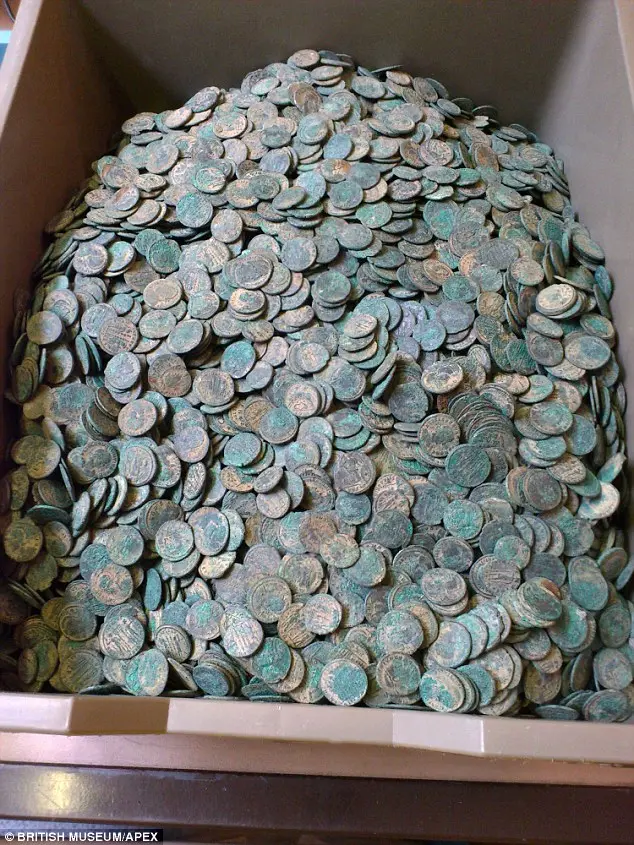 Treasure, Law, and Legacy
Treasure, Law, and Legacy
As per the UK’s Treasure Act, the discovery is undergoing evaluation to determine its historical value and potential placement in national or regional museums. Egerton, by following legal and ethical protocols, is expected to share in the proceeds with the landowner—a well-deserved reward for his vigilance and respect for heritage. More than just a thrilling story, this find reaffirms how passion, patience, and curiosity can quite literally reshape our understanding of history—one coin at a time.


